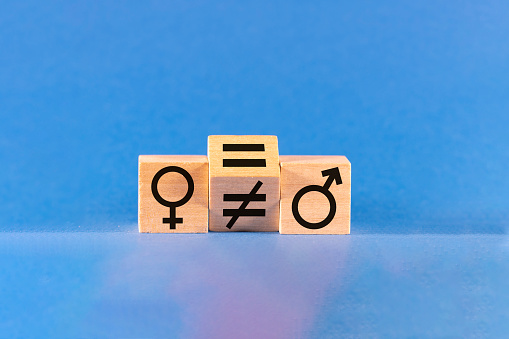
THE UK had an absolute drop in women’s employment outcomes in 2021, which caused it to drop five positions, from ninth to 14th, according to PwC’s annual assessment of OECD (Organisation for Economic Co-operation and Development) countries.
A lack of affordable childcare is driving women out of the workforce and impeding career advancement, dropping the country five places in a global index of women’s employment outcomes.
In 2021, the gender pay gap in the UK increased by 2.4 percentage points to 14.4 per cent, which is four times higher than the average growth in the OECD as a whole. The UK dropped off PwC’s ranking as a result of this and a 0.4 percentage point decrease in the participation rate of women in the labour force.
The margin between the UK and Canada, which is in second place, has also shrunk to just two index points in 2021, even though the UK’s economy continues to be the best among G7 peers with 69 points on the Index.
Rising childcare costs, according to the professional services firm, are forcing many women out of the workforce. The cost of childcare as a percentage of the average family’s income in the UK in 2021 was almost a third, making it one of the highest rates among OECD nations.
Over a 20-year analysis period, PwC predicted that encouraging fathers to take more time off after a child is born would allow an additional 720,000 women in the UK to continue working full-time.
During the course of the analysis period, it is anticipated that 230,000 mothers and 240,000 fathers would benefit from a decrease in postpartum depression rates.
Larice Stielow, senior economist at PwC, said: “The motherhood penalty is now the most significant driver of the gender pay gap and, in the UK, women are being hit even harder by the rising cost of living and increasing cost of childcare.
“With this, and the gap in free childcare provision between ages one and three, more women are being priced out of work. For many it is more affordable to leave work than remain in employment and pay for childcare, especially for families at lower income levels.”

Zlatina Loudjeva, a partner in PwC’s international development team, said: “We can no longer talk about the impact of Covid-19, it is clear that the cost of childcare in the UK and attitudes towards childcare need urgent focus and action, with government and business to work together to help mitigate the confluence of shocks that have occurred over the last few years so that women are not priced out of the workforce.
“There is no panacea, nor a one-size-fits-all policy, that will solve the problems for women at work today. We should consider enhanced parental leave policies and more flexible working so that all parents can balance work and caring responsibilities, alongside tackling the cost of childcare, to help create a more equitable and prosperous society for all. The index shows that this is doable, and a number of OECD economies are leading the way through successful interventions.”
According to PwC, Northern Ireland had the best performance in terms of gender equality. The gender pay disparity in Northern Ireland is under 5 per cent, or one-third the magnitude of the gender pay gap in the UK overall.
The best results for women’s employment were found in Luxembourg, which was followed by Slovenia and New Zealand. Switzerland experienced the biggest decline in position, going from 14 to 20, while Hungary witnessed the biggest increase, moving up nine spots on the index from 22nd to 13th.